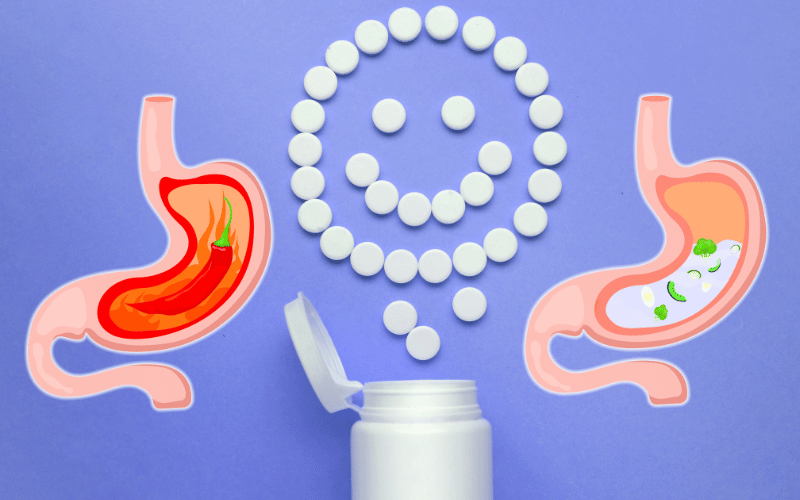Introduction: The Digestive Dilemma of GERD

Living in a world where convenience foods reign supreme, an unfortunate consequence is the rise of digestive maladies, one of which is GERD. This condition, also known as gastro-oesophageal reflux disease or GORD, can be both painful and concerning.
Being able to identify the symptoms offers a solid starting point in tackling this ailment. So, let’s delve deeper into understanding GERD and its top symptoms.
What do we really know about gastroesophageal reflux disease? At its core, GERD is a chronic digestive disorder that primarily affects the esophagus – the critical tube that moves food from your mouth to your stomach.
When there’s a regular backflow of stomach acid into this tube, GERD arises. This backflow, or reflux, can irritate the lining of your esophagus, leading to uncomfortable and sometimes severe symptoms.
Though many have felt the sting of heartburn after a particularly rich or spicy meal, distinguishing between occasional acid reflux and the more serious GERD is crucial. Occasional heartburn is just that – occasional. However, when that burning sensation becomes a constant companion, it might be pointing towards GERD.
To assist in this journey of understanding, here are the ten prominent symptoms of GERD. Recognizing them can be a game-changer in managing and treating the condition.
1. Frequent Heartburn: The Telltale Sign of GERD

The sensation commonly termed “heartburn” is no stranger to many of us. Yet, for those with GERD, this feeling is an all-too-regular occurrence.
Heartburn, when associated with GERD, isn’t merely about that fiery sensation following a spicy meal; it’s about a consistent, disruptive burning deep within the chest. Triggered by the stomach acid’s backward flow into the esophagus, this sensation can be daunting, especially if experienced frequently.
The design of our digestive system relies heavily on gravity. In a standing or upright position, food and acid in the stomach tend to stay where they should. However, lying down or bending can compromise this natural defense, letting stomach content creep back into the esophagus, hence aggravating heartburn. This very principle is why many with GERD often find sleep elusive, with the flat position turning restful nights into episodes of discomfort.
While foods are known catalysts for heartburn, other elements play their part. Stress, certain medications, and even some physical activities can induce heartburn. For those with GERD, understanding and identifying these triggers is paramount. Each person’s list might differ, making it essential to pay close attention to one’s own body and its reactions. (1)